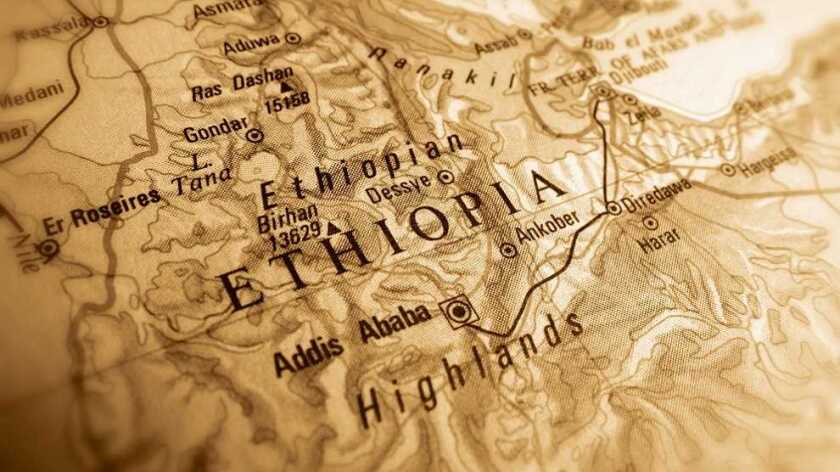Earlier this week Airtel Africa’s CEO said that the Indian-owned operator would not bid, but at the same time a little-known Chinese company, Sharing Mobile, said it would.
The Ethiopian Communications Authority (ECA) this week extended the deadline for responses to its request for proposals (RFPs) from 5 March to 5 April. But so far the ECA has not set a timetable for actually requesting bids for the two licences on offer — or setting out the financial and technical terms.
The ECA said in a tweet: “Subsequent to requests received from bidders during the question and answer period of the RFP for the two nationwide telecom licenses, ECA would like to announce that the bid submission date of the RFP has been adjusted.”
An Orange spokesperson told Capacity this week: “We remain fully engaged in the ongoing process to open up the telecoms market in Ethiopia.”
Orange formally expressed its interest in June 2020 in response to the ECA. “Africa is a significant part of the group’s growth strategy so we believe that Orange can bring real added value to the Ethiopian population with a high-quality, high-speed, digital, multi-service offer which we believe will enable the widest possible access to the internet and the development of services for business and the public sector in Ethiopia,” said the official.
“We have a dedicated team working on this proposal and we’ve opened an office in Addis Ababa to facilitate our exchanges with the authorities and potential partners.”
At the same time, Vodafone also confirmed that it has given an indication of interest to the Ethiopian authorities. “The opportunity is huge. There are not many places in the world that still need to liberalise telecoms.”
Ethiopia has one state-owned operator, Ethio Telecom, serving a population of 112 million. The government has given notice that it plans to sell off a 45% stake, and Ethio Telecom has recruited KPMG to advise on valuation.
A Vodafone official told Capacity its Kenyan subsidiary Safaricom “will be the lead partner” in a bid for Ethiopia, working with its main shareholder, Vodacom of South Africa. Vodafone is the main shareholder in Vodacom.
Technological support will come from Sumitomo, the Japanese company that has been working in Myanmar with KDDI and state-owned operator MPT.
The Vodafone family bid will be supported by a US$500 million loan from the US government’s International Development Finance Corporation (IFC), based in Washington DC, and by the UK-government owned CDC Group, which has not yet announced a figure for its support. That US and UK government support is expected to mean Huawei will be excluded from bidding for the supply contract.
A Vodafone executive told Capacity that the support from international development agencies is “a great endorsement of our approach — there’s huge potential in the market”.
But Vodafone warned that, though it is committed to bid for an Ethiopian licence, “it’s difficult as we have no final terms for the auction. We take every investment opportunity very carefully. Vodafone doesn’t invest unless there’s a good business case.”
An Orange executive, speaking to Capacity on condition of anonymity, said the company is “still awaiting final details of the regulatory framework”. That person added: “Meanwhile, we remain vigilant and we’re monitoring the situation closely during the next phases of the process to ensure that it is favourable and allows for sufficient economic space for the integration of new entrants.”
But Capacity was told that Orange might bid for part of Ethio Telecom. The French company had a two-year management contract for the Ethiopian monopoly operator, but that expired at the end of 2012. However Orange may well have enough residual information about the company to allow it to mount a viable bid for the 45% stake.






